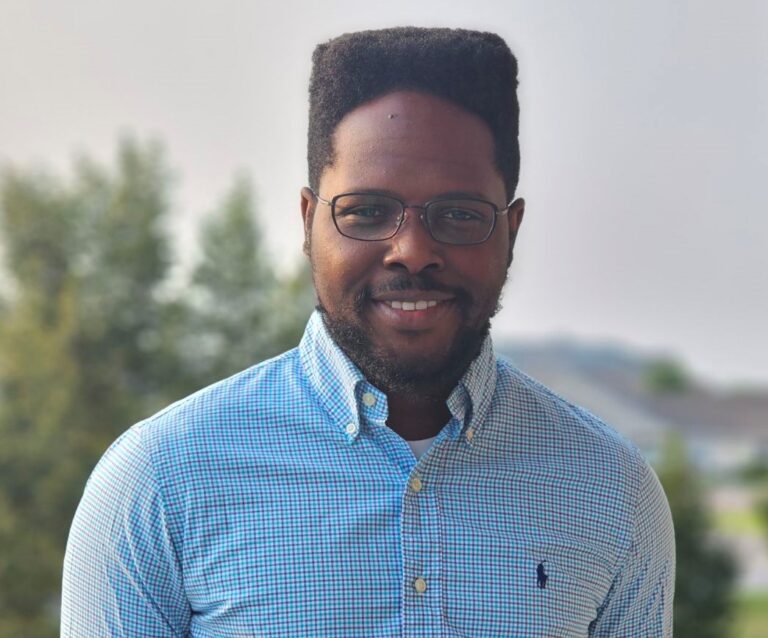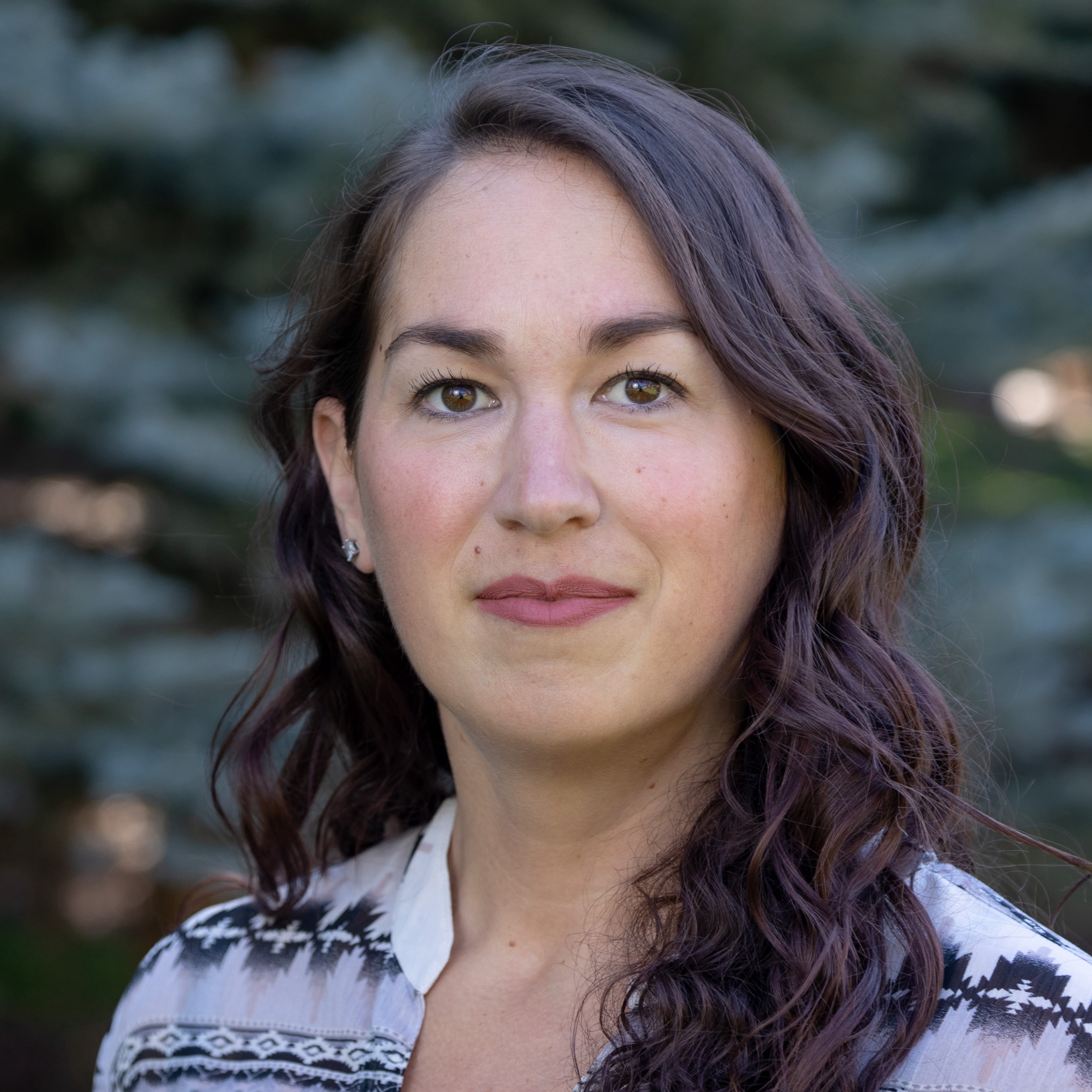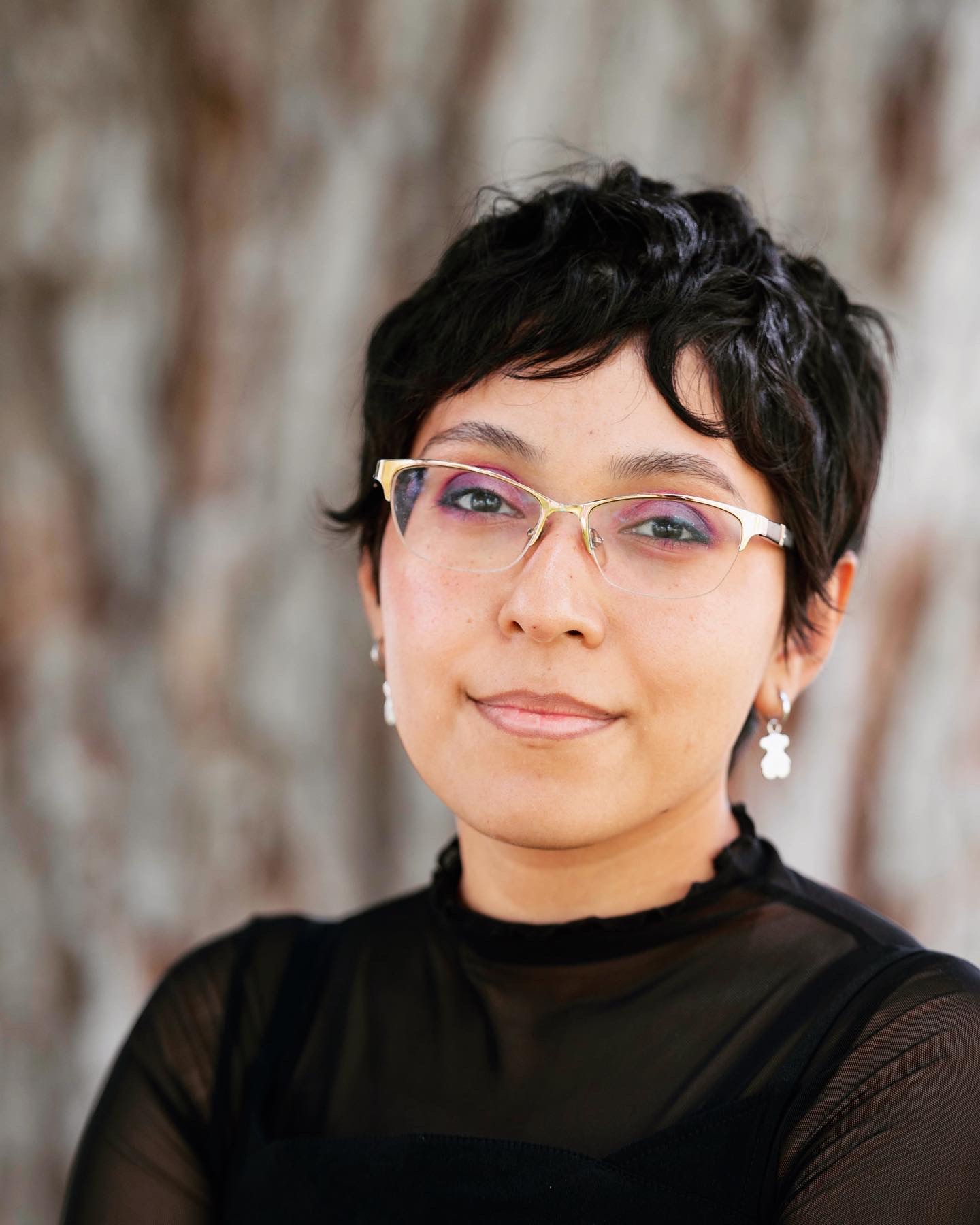Supervision & Training SectionThe Supervision and Training Section (STS) is dedicated to those interested or engaged in training or supervising mental health service providers, including students, professional therapists-counselors, psychologists, and clinical supervisors. Specifically, the Section strives to promote multi-culturally sensitive research, teaching, practice, as well as public interest in therapist training, clinical supervision, and supervisor training. We have a strong emphasis on student and supervisee involvement. The Section also provides resources and forums to discuss and address practical issues arising from training and supervision (e.g., the STS listserv). Membership is free! If you are interested in joining the Supervision and Training Section, please click HERE. STS Section Executive Committee
Jenny Holzapfel, PhD (she/her) is an Assistant Clinical Professor at Northern Arizona University, where she teaches primarily therapy-based courses. Clinically she is interested in perinatal populations, anxiety and OCD, trauma, life transitions, and providing supervision. Her research has focused on supervisory and therapy outcomes and mental health disparities. Additionally, Dr. Holzapfel has experience in training clinics implementing progress monitoring systems, providing supervision, and providing consultation to stakeholders to develop clinical training opportunities. She earned her Ph.D. from Arizona State University and is a licensed psychologist in Arizona. She has been involved in STS since graduate school, transitioning from the Rising Student Rep to Student Rep to ECP Rep, and now is excited to serve as the Co-Chair.
Diane Stoebner-May, PhD, ABPP, is the Training Director and Associate Director at the Sam Houston State University Counseling Center. She earned her PhD in Counseling Psychology from the University of Houston and is Board Certified in Counseling Psychology. Dr. Stoebner-May’s professional interests focus on the supervision and training of master’s and doctoral-level trainees in health service psychology, as well as ethics and the treatment of anxiety and mood disorders. Actively engaged in the training community, she has served in leadership roles with ACCTA and is an APA site visitor. Passionate about fostering professional growth and connection with other supervisors, she is excited to contribute to STS.
Kodee Walls, PhD, ABPP is the Director of CAPS at Indiana University, Bloomington. She is a proud alumnus of Ball State University's Counseling Psychology program and Board Certified in Counseling Psychology. Dr. Walls primarily focuses on clinical service delivery and training opportunities within university and college counseling centers. She has served as the treasurer for Div17's section on Advocacy for Sexual Orientation and Gender Diversity and as the Chair for Div17's section on Supervision and Training. SCP is the primary professional home for Dr. Walls, and she is committed to the Society's success by enhancing engagement for all members throughout their professional lifespan.
Deborah Wiese, PhD is Associate Clinical Professor at Miami University in Oxford, Ohio. Dr. Wiese received a masters in Counseling and Counselor Education from Indiana University-Bloomington, and a doctorate in Counseling Psychology from the University of Wisconsin-Madison. Dr. Wiese conducts research on cultural competence and multicultural supervision, provides supervision and training to clinical psychology doctoral and masters students, and teaches courses in the area of clinical and cultural psychology. Being part of STS has allowed for connection with other supervisors with similar interests in furthering supervision training.
I’m Dr. Ja’lessa Hardwick (she/her). I’m the owner of a private practice. Adjunct professor, and consultant. From personal experience and observation, it takes village to get through your degree and career and for that reason, I’ve always found myself connected to understanding the intricacies of supervision and training. By serving the section on Supervision and Training, I hope to offer representation for students and professionals of color and to expanding the dialogue around relevant topics. I’m always happy to connect so feel free to reach out.
Anmol Satiani, Ph.D. (she/her) is the Training Director, a Clinical Supervisor, and Staff Psychologist at Center Focused Therapy, a group practice located in downtown Chicago which serves many people on the margins. She is also a co-founder of Psychologists for Racial Justice. Her presentations, consultation work, teaching, and scholarship have centered around race, culture, clinical supervision, and training. She earned her Ph.D. in Counseling Psychology at Boston College. Participating in STS is exciting given the opportunity to work with others who share a passion for supervision and training.
Akorede Teriba, PhD, is an Assistant Professor of Counseling Psychology at the University of North Dakota. Dr. Teriba conducts research related to human flourishing (e.g., perseverance and passion for long-term goals, growth mindset), social determinants of health (e.g., poverty, identity marginalization), and the role of emotion regulation and self-efficacy in the community. He advocates for the development of mental health infrastructures and the utilization of positive psychology interventions to increase community well-being.
Kirsten L. Graham, PhD (she/her), is an Assistant Professor at Southern Utah University. Dr. Graham earned her Ph.D. from Colorado State University and is a licensed psychologist in Utah, where she maintains a small private practice and supervises doctoral students in the university's training clinic. Her clinical specialties include geropsychology and neuropsychology, though her supervisory work also extends to adult therapy and assessment more broadly. Dr. Graham's primary research interests focus on the intersection of geropsychology and the training of future psychologists and health providers, with a secondary interest in the mental health of LGBTQ+ individuals. During her graduate studies, she served as the Rising Student Representative to Student Representative for STS and is now excited to reconnect with STS as a Member at Large.
I am thrilled to join the STS community as the Student Representative for its dedication and passion in clinical supervision and training. As an international student from Macau S.A.R. and a doctoral candidate in UW-Madison’s Counseling Psychology program, my journey has sparked my commitment in promoting effective and ethical clinical training and supervision. I believe that by prioritizing these practices, we can help address the global mental health crisis and work towards closing the gap in mental health services. My research interests lie at the intersection of supervision, training, and cross-cultural psychology. I am particularly passionate about exploring effective training practices for underrepresented student communities, such as multilingual and international student therapists in the U.S. Drawing upon my background and experiences, my goal is to conduct research and provide linguistically and culturally sensitive supervision that empowers trainees from diverse backgrounds. As the Student Representative, I am dedicated to serving our STS members with openness and responsiveness. I am grateful to be a part of this community, and I am excited to embark on this journey together!
Katia Denisse McEvoy-Holguín is a Mexican American woman navigating multiple personal and physical borderlands. As a former undocumented immigrant, she is acutely aware of how coloniality shapes systems and everyday life, including the field of counseling training. Katia’s interest in joining the STS community is rooted in her commitment to supporting others and driving meaningful change. She envisions a future where counseling training acknowledges its role in perpetuating oppressive practices and becomes more inclusive. Her academic research focuses on decoloniality in training programs and the journey of mental health practitioners who actively incorporate decolonial approaches into their practice. She aims to ensure that those facing similar barriers have access to equitable training and see their knowledge and experiences represented in the field. Katia resides in New Mexico with her partner and cats while pursuing her graduate degree in counseling psychology. When her program’s demands aren’t consuming her time, she finds joy in small pleasures like sharing coffee with friends, listening to music in both Spanish and English (especially with thoughtful lyrics), and writing stories and poems. |


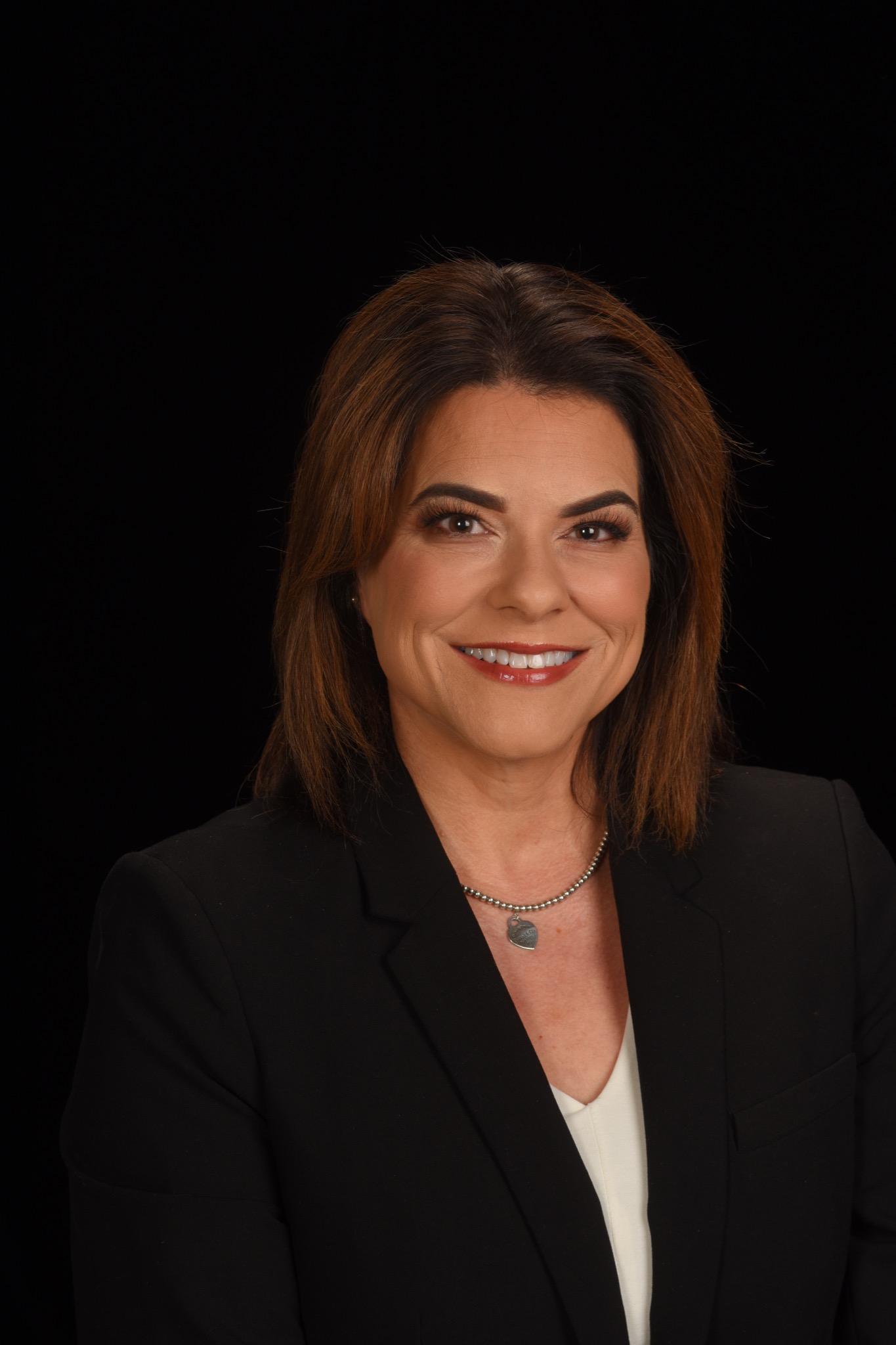
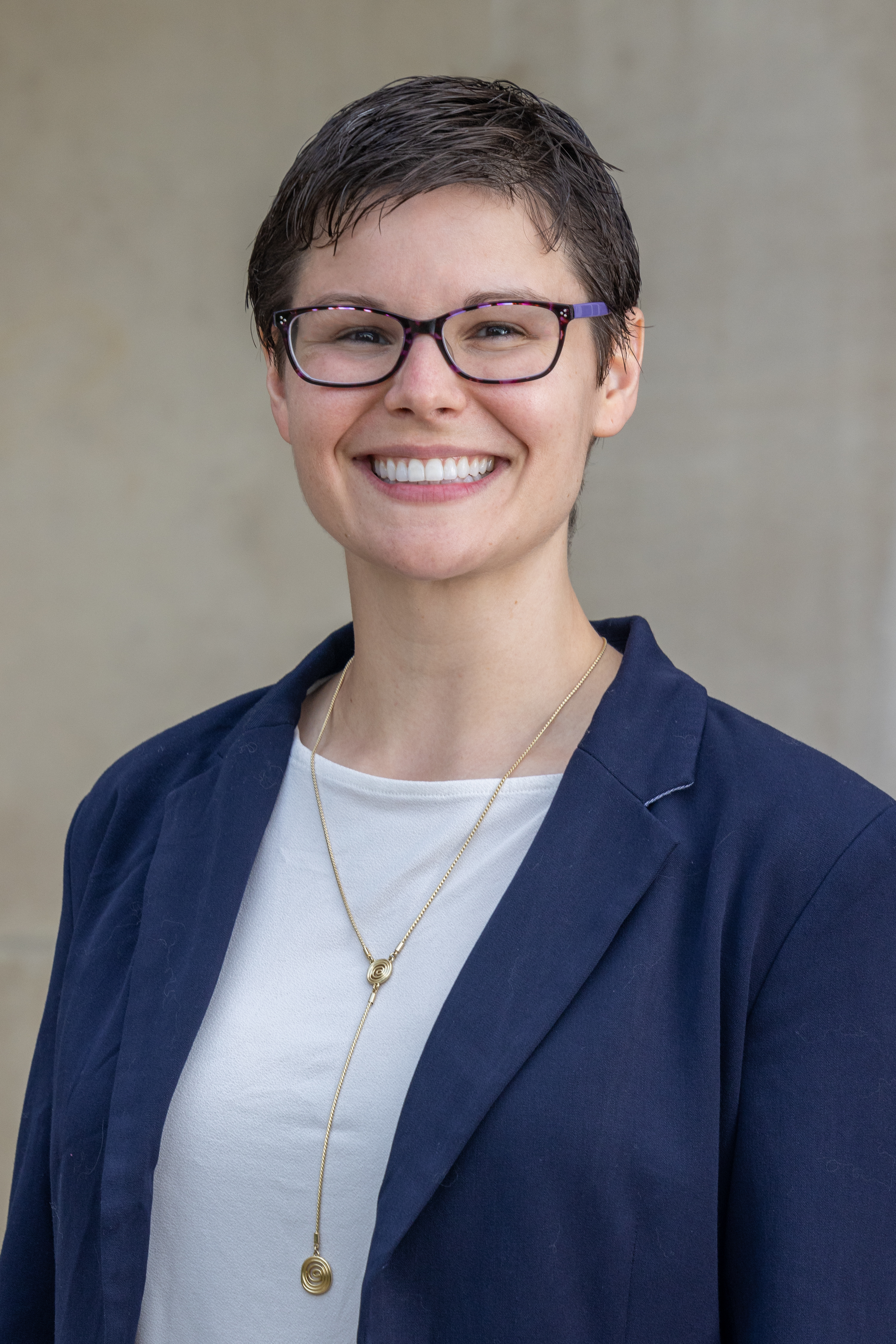
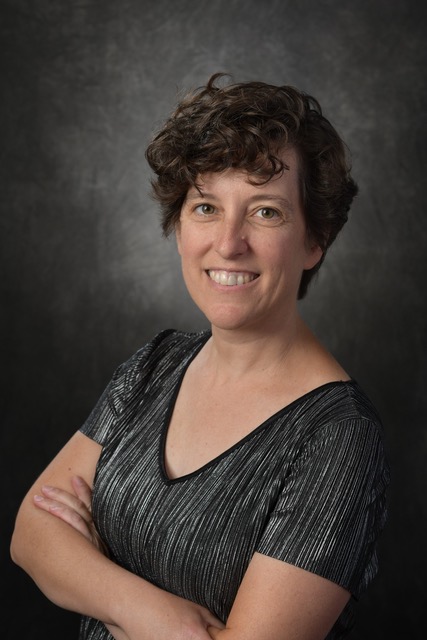
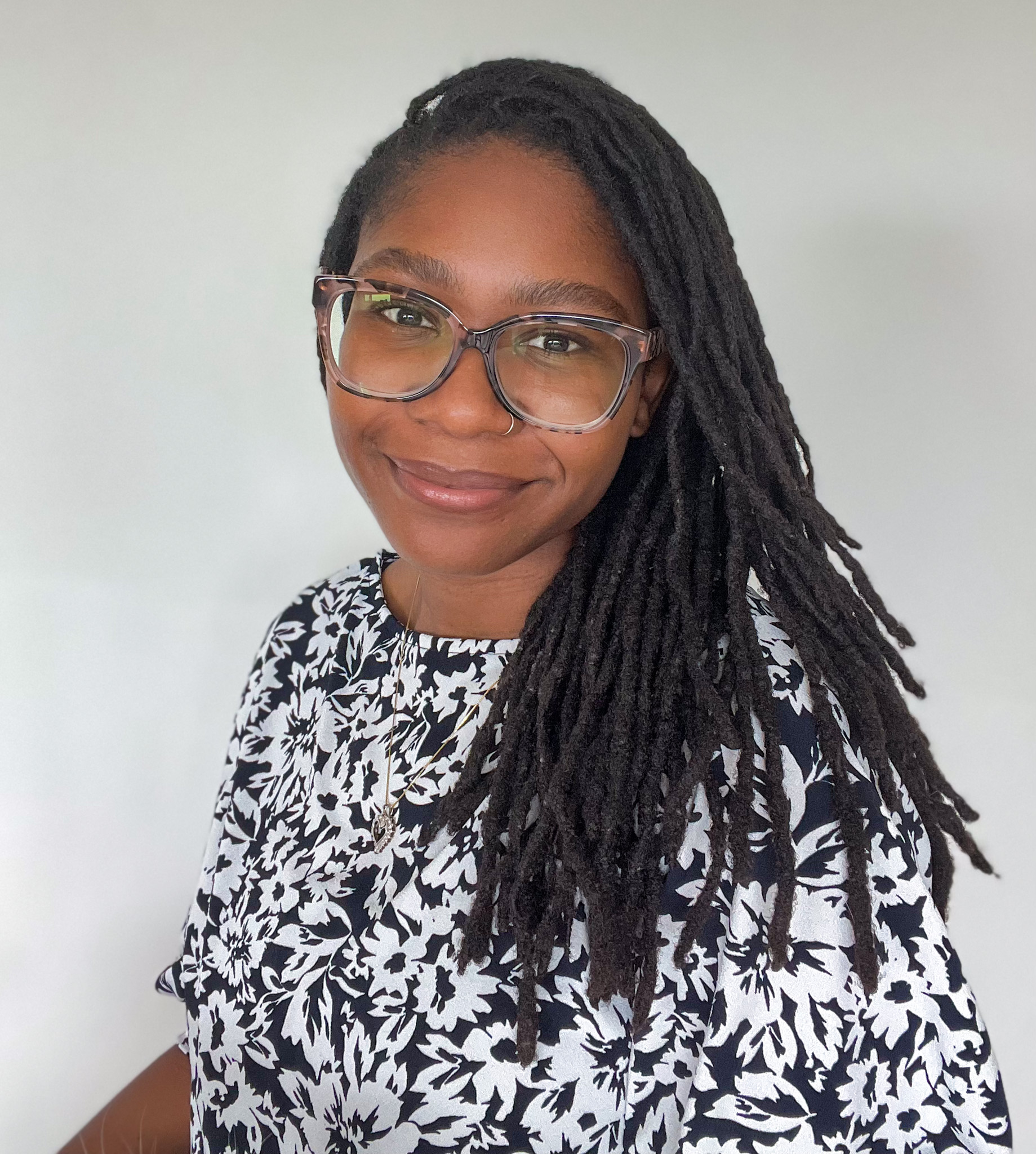
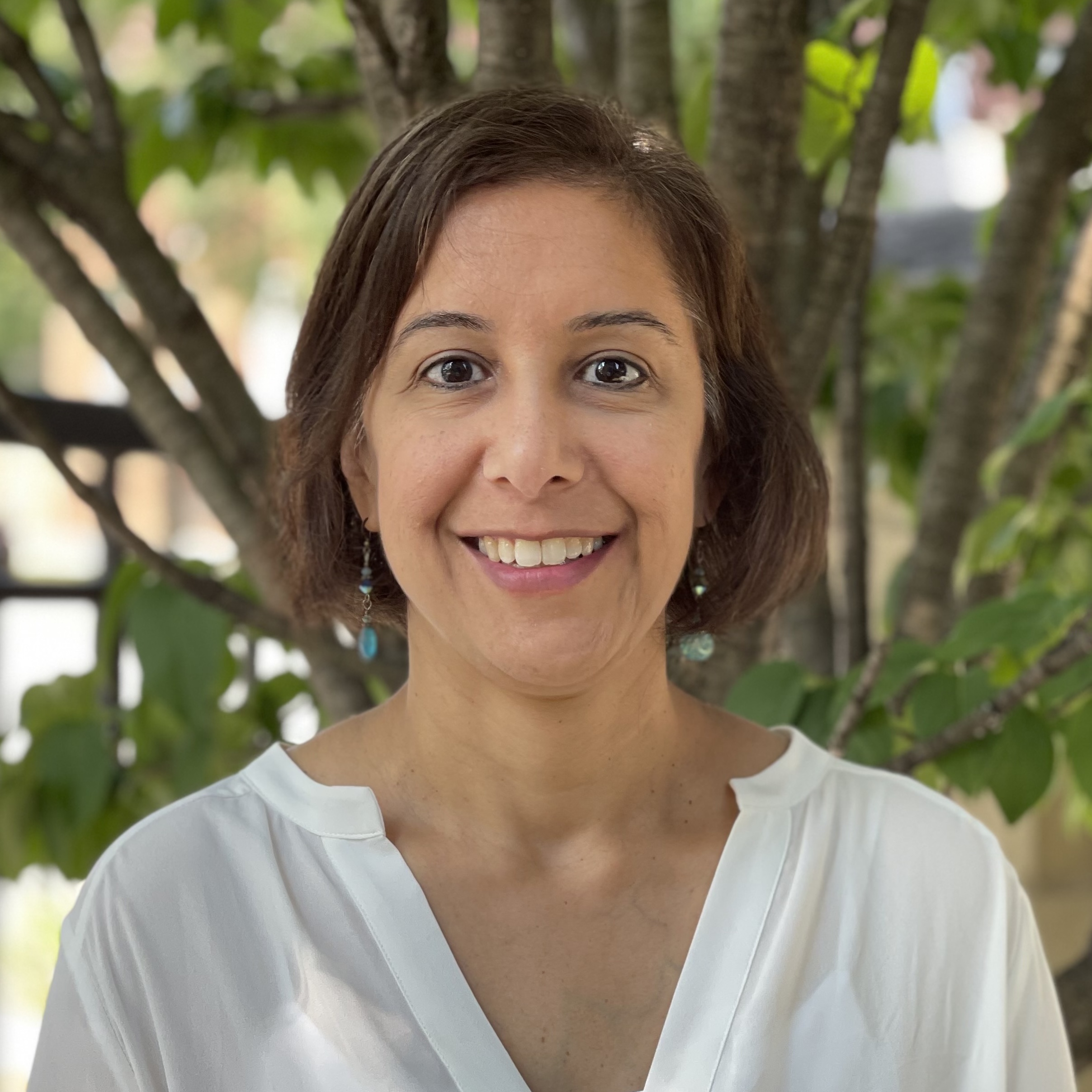 Anmol Satiani, Ph.D.,
Anmol Satiani, Ph.D.,